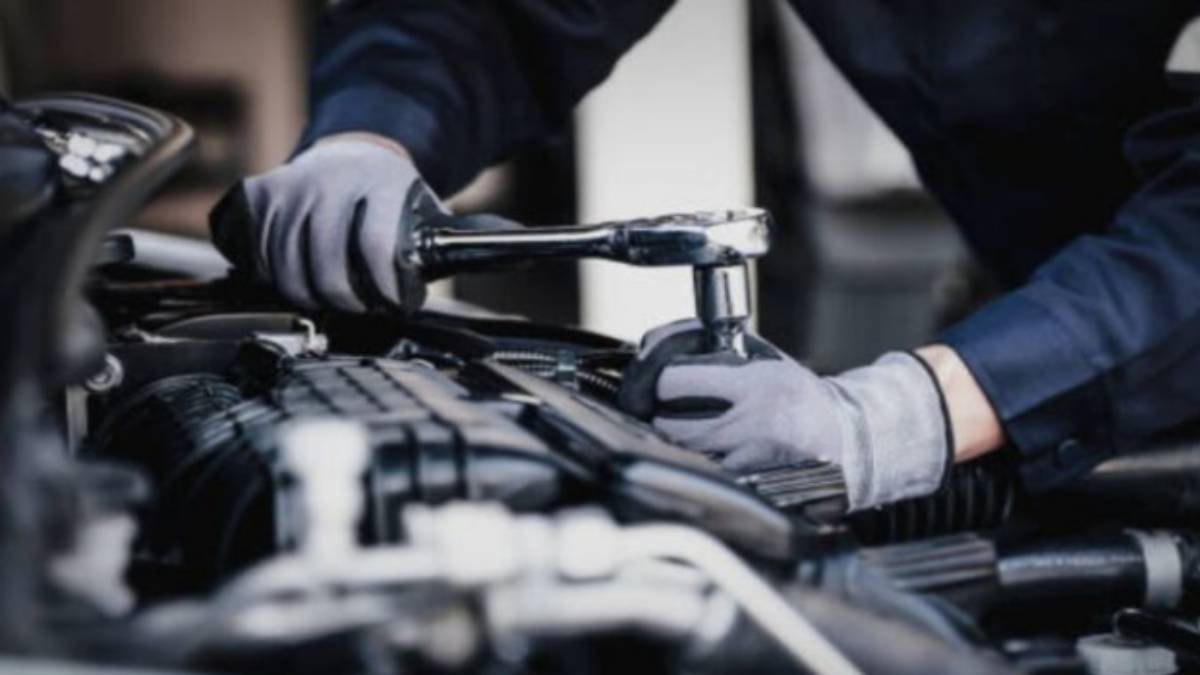Custom metal fabricators play a pivotal role in the evolution of wearable technology and consumer electronics. Their expertise in precision metalworking enables the creation of durable, functional, and aesthetically pleasing components that are integral to modern devices. This article delves into the significance of custom metal fabrication in these industries, highlighting key trends, technologies, and considerations for choosing the right fabricator.
Understanding Custom Metal Fabrication
Custom metal fabrication involves the design and creation of metal structures and components tailored to specific requirements. This process encompasses various techniques, including cutting, bending, welding, and assembling, to produce parts that meet precise specifications. In the context of wearable technology and consumer electronics, custom metal fabricators ensure that components are not only functional but also lightweight and ergonomically designed to enhance user experience.
The Role of Custom Metal Fabricators in Wearable Technology
Wearable devices, such as smartwatches, fitness trackers, and health monitors, demand components that are both lightweight and durable. Custom metal fabricators utilize materials like stainless steel, titanium, and aluminum to produce housings, brackets, and other structural elements that withstand daily wear and environmental factors. Advanced fabrication techniques ensure that these components are seamlessly integrated into the device, contributing to both performance and aesthetics.
Innovations in Consumer Electronics Through Custom Metal Fabrication
In the realm of consumer electronics, custom metal fabrication enables the development of sleek and robust devices. From smartphones to laptops, the structural integrity provided by custom-fabricated metal parts is crucial. Fabricators employ state-of-the-art technologies, such as laser cutting and CNC machining, to achieve high precision and complex geometries that are essential for modern electronic designs.
Key Technologies Driving Custom Metal Fabrication
3D Printing and Additive Manufacturing
Additive manufacturing, or 3D printing, has revolutionized custom metal fabrication by allowing the creation of complex and lightweight structures that were previously challenging to produce. This technology enables rapid prototyping and customization, reducing lead times and material waste. In wearable tech, 3D printing facilitates the production of intricate parts that fit the unique contours of the human body.ramsaywelding.com+1AM Industries Vietnam+1
Automation and Robotics
The integration of automation and robotics in fabrication processes enhances efficiency and precision. Robotic systems perform repetitive tasks with high accuracy, ensuring consistent quality in mass production. In consumer electronics, this translates to devices with uniform build quality and reliable performance.ramsaywelding.com+3alltracon.com+3mikegingerich.com+3
Advanced Materials and Alloys
The selection of materials is critical in custom metal fabrication. Innovations in metal alloys, such as high-strength aluminum and corrosion-resistant stainless steel, provide the necessary durability and lightweight properties for wearable devices. These materials ensure that products are both functional and comfortable for everyday use.Approved Sheet Metal+7ramsaywelding.com+7sjcprecision.com+7alltracon.com
Benefits of Custom Metal Fabrication in Tech Products
-
Enhanced Durability: Custom metal components offer superior strength and resistance to wear and tear.
-
Tailored Designs: Fabricators can produce parts that meet specific design and functional requirements.
-
Improved Aesthetics: Metal finishes contribute to the sleek and modern appearance of tech products.
-
Weight Optimization: Advanced fabrication techniques allow for the creation of lightweight structures without compromising strength.
Choosing the Right Custom Metal Fabricator
Selecting a proficient custom metal fabricator is crucial for the success of wearable technology and consumer electronics projects. Consider the following factors:
-
Experience and Expertise: Choose fabricators with a proven track record in producing components for tech products.
-
Technology and Equipment: Ensure the fabricator utilizes advanced technologies, such as CNC machining and 3D printing, to achieve high precision.
-
Material Selection: Verify that the fabricator has access to a range of materials suitable for your product’s requirements.
-
Quality Assurance: Select a fabricator that implements stringent quality control measures to ensure the reliability of the final product.ramsaywelding.com+7sjcprecision.com+7IQS Directory+7
Future Trends in Custom Metal Fabrication for Tech
The future of custom metal fabrication in wearable technology and consumer electronics is poised for further advancements. Key trends include:wired.com+3alltracon.com+3ramsaywelding.com+3
-
Integration of IoT: Embedding sensors and connectivity features into metal components to enable smart functionalities.AM Industries Vietnam+1sjcprecision.com+1
-
Sustainable Practices: Adoption of eco-friendly materials and processes to reduce environmental impact.
-
Miniaturization: Development of smaller, more efficient components to accommodate compact device designs.
Conclusion
Custom metal fabricators are integral to the development of wearable technology and consumer electronics, providing the expertise and innovation necessary to produce high-quality, functional, and aesthetically pleasing components. By leveraging advanced fabrication techniques and materials, they enable the creation of devices that meet the evolving demands of modern consumers.
FAQs
1. What is custom metal fabrication?
Custom metal fabrication is the process of designing and manufacturing metal components tailored to specific requirements, utilizing techniques like cutting, bending, and welding.
2. How does 3D printing benefit custom metal fabrication?
3D printing allows for the creation of complex and lightweight metal structures, enabling rapid prototyping and customization with reduced material waste.ramsaywelding.com
3. What materials are commonly used in custom metal fabrication for tech products?
Common materials include stainless steel, aluminum, titanium, and high-strength alloys, chosen for their durability and lightweight properties.alltracon.com
4. How do robotics enhance metal fabrication processes?
Robotics automate repetitive tasks with high precision, improving efficiency and consistency in production.alltracon.com+1mikegingerich.com+1
